Britain: Nineteenth and Twentieth Centuries
Since being allowed to resettle in 1656, Jews in Great Britain have established deep community ties throughout their diverse community. Class differences between early Sephardic settlers and the later wave of Ashkenazi immigrants gave rise to numerous Jewish charitable organizations, in which women played a key role.
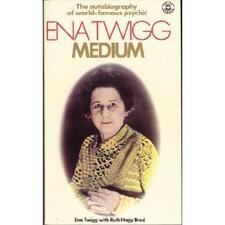
Ruth Hagy Brod
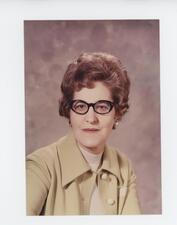
May Brodbeck
May Brodbeck, whose career in the sciences ran the gamut from teaching high school chemistry to exploring fundamental philosophical questions about the nature of human consciousness, was among the foremost American-born philosophers of science.
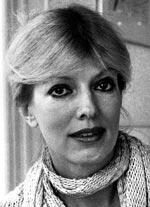
Suzanne Brøgger
Suzanne Brøgger is a Danish journalist, cultural critic, author, and essayist. With more than twenty books to her name, Brøgger has received widespread acclaim for her novels, essays, anthologies, poems, and plays.
Rokhel Brokhes
Rohkel Brokhes offered an intimate and poignant glimpse into Jewish family life in Russia in the early 20th century. Her short stories, novellas, and plays documented the often-harsh lives of Russian Jews, especially women. She was born and raised in Minsk, and she would also die there in the ghetto.
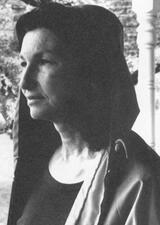
Esther M. Broner
A novelist, playwright, and ritualist, Esther M. Broner emerged on the literary scene in the early 1970s as a leading feminist writer. Her novels feature bitter, fearless, and funny characters. In other works, Broner has combined autobiography with feminist critique of Jewish tradition and created new rituals, such as her 1976 “Women’s Haggadah.”

Saidye Rosner Bronfman
Saidye Rosner Bronfman was a first-generation Canadian who used her wealth to benefit numerous Canadian Jewish organizations and philanthropies. Beginning in 1929, she served as the president of Montreal’s Young Women’s Hebrew Association for six years. In 1943 she was recognized by the British Empire for her philanthropic contributions to the war effort.
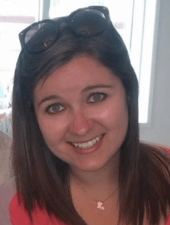
Sally Bronston
Shifra Bronznick
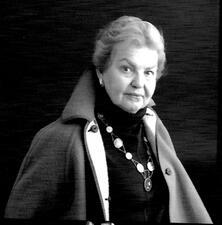
Claire Brook
Claire Brook was a writer, editor, and composer whose career was most distinguished by her work in publishing. After retiring from W.W. Norton, she founded Pendragon Press, a small press focused on musicological books, with her husband and brother.
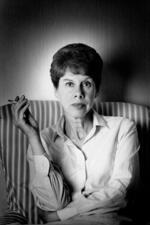
Anita Brookner
Anita Brookner was a British Jewish novelist and accomplished art historian known for her elegaic, gloomy novels depicting the bleak and disappointed lives of women. Receiving the Booker Prize in 1984 for Hotel du Lac, Brookner achieved international fame and recognition as one of the most accomplished writers of English fiction in the later twentieth century.
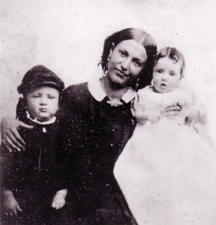
Fanny Brooks

Geraldine Brooks
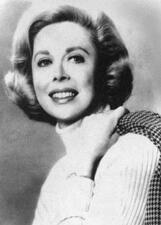
Joyce Brothers
Joyce Brothers was the second person and only woman to win the top prize on the popular television show The $64,000 Question. She became a popular psychologist and talk show host. Brothers conformed to normative understandings of 1950s womanhood but, unlike others, she gave advice about taboo topics such as sexuality and menopause.
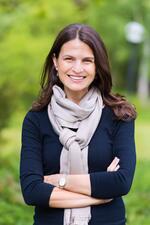
Sharon Brous
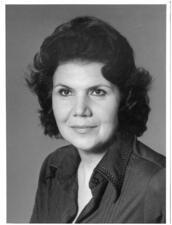
Selma Browde
Selma Browde was a medical doctor and activist whose passionate work and advocacy on behalf of disadvantaged communities in South Africa spanned more than half a century.
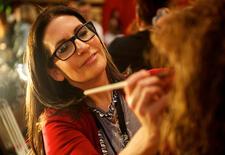
Bobbi Brown
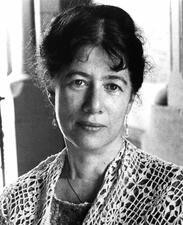
Rosellen Brown
In her fiction, Rosellen Brown confronted themes of alienation, responsibility for others, and racial tension in America. Brown is known for the passion and insight she brings to the page as a poet, essayist, and fiction writer.
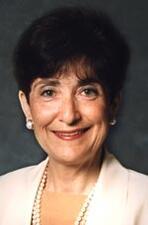
Sandra Brown
Sandra (Sandy) Brown, an outstanding leader of the Toronto Jewish community at the turn of the twenty-first century, is one of the most influential and effective leaders of Toronto Jewry, highly regarded as a person of extraordinarily broad experience, unfailing fairness and commitment, and unusually deep knowledge of education.
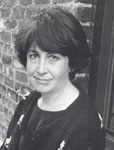
Susan Brownmiller
Susan Brownmiller is a radical feminist writer and journalist. She was a leader in the Women’s Liberation Movement of the 1960s to 1980s (second-wave feminism). Brownmiller is bes-known for Against Our Will: Men, Women, and Rape (1975), the first comprehensive study of sexual violence.

Elana Brownstein
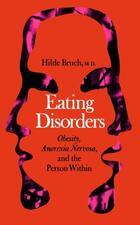
Hilde Bruch
Hilde Bruch’s seminal work on eating disorders contributed significantly to understanding and treatment of the diseases in the 1970s.
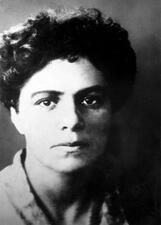
Carry Van Bruggen
Fighting the constraints of her Orthodox upbringing and expectations of her role as a wife and mother, novelist Carry van Bruggen wrote movingly of both the need for freedom and the isolation it could bring.
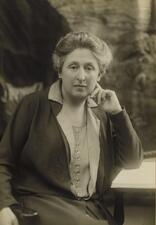
Cécile Brunschvicg
Cécile Brunschvicg was one of the grandes dames of French feminism during the first half of the twentieth century. Although her chief demand was women’s suffrage, she also focused on a range of practical reforms, including greater parity in women’s salaries, expanded educational opportunities for women, and the drive to reform the French civil code, which treated married women as if they were minors.
Ruth Mack Brunswick
Psychoanalyst Ruth Mack Brunswick served as a crucial sounding board for Sigmund Freud, helping him revise his theories on the importance of the mother in the early shaping of the psyche. A valuable contributor to the American psychoanalytic group, Brunswick’s tactful thinking won her ideas a rare acknowledgment.


